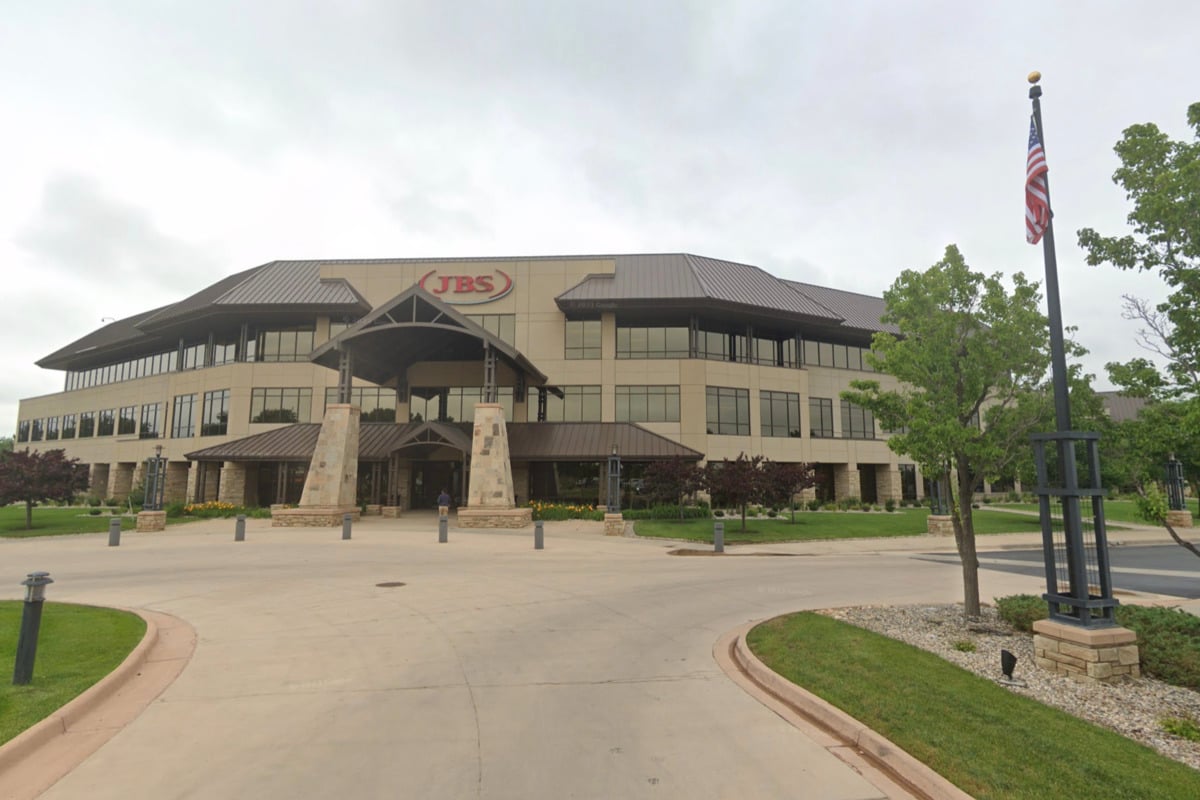BREAKING: New York Attorney General Letitia James has just announced a landmark $1.1 million settlement with JBS USA, the world’s largest beef producer, following allegations of misleading consumers about their environmental claims. This urgent development confirms that JBS USA falsely promoted its strategy for achieving a “net zero” carbon footprint by 2040, raising significant concerns about corporate accountability in environmental marketing.
The Attorney General’s investigation revealed no substantial plan from JBS USA to fulfill its ambitious “net zero” promise. Instead, evidence indicated the company intended to increase production, potentially escalating its carbon footprint and undermining its environmental commitments. In a statement, James emphasized that New Yorkers “deserve the truth when it comes to the environmental impact of the products they buy.”
The settlement funds aim to enhance climate-smart agriculture initiatives, equipping New York farmers with sustainable practices that reduce emissions while maintaining productivity. This move is crucial as the U.S. Environmental Protection Agency estimates that agriculture is responsible for approximately 10 percent of U.S. greenhouse gas emissions.
This case stems from a review by the Better Business Bureau’s National Advertising Division (NAD), which determined that JBS USA lacked adequate evidence to support its claims. The NAD recommended that JBS discontinue its misleading advertising, which the company has now agreed to through this settlement. Under the terms, JBS USA must halt deceptive environmental claims and will be subject to oversight from the Office of the Attorney General for the next three years, including annual compliance reports.
Assistant Attorneys General Rita McDonough and Ashley M. Gregor, along with their dedicated team, played pivotal roles in reaching this significant settlement. Their efforts reflect a broader commitment to holding corporations accountable for the integrity of their environmental marketing strategies.
The implications of this settlement extend beyond New York. As the global community grapples with climate change, adopting climate-smart practices is increasingly recognized as vital for agricultural communities facing environmental challenges.
This urgent development underscores the necessity for transparency in corporate claims regarding sustainability. As the legal landscape evolves, companies will be under greater scrutiny to substantiate their environmental promises.
Stay tuned for more updates on this ongoing story and its impact on corporate accountability in environmental claims. The Attorney General’s Office is determined to ensure that consumers receive truthful information about the products they purchase, reinforcing the critical need for honesty in environmental marketing.






